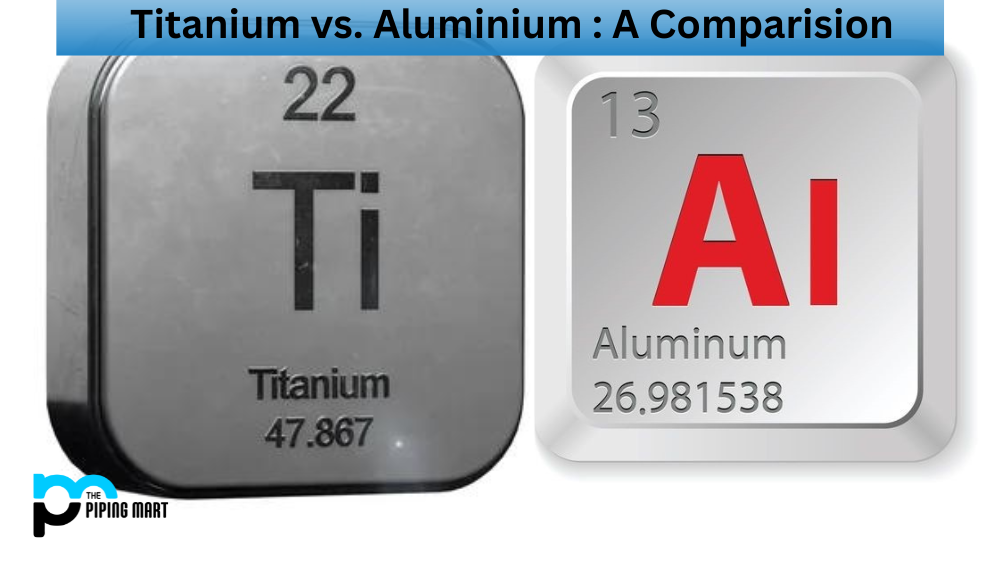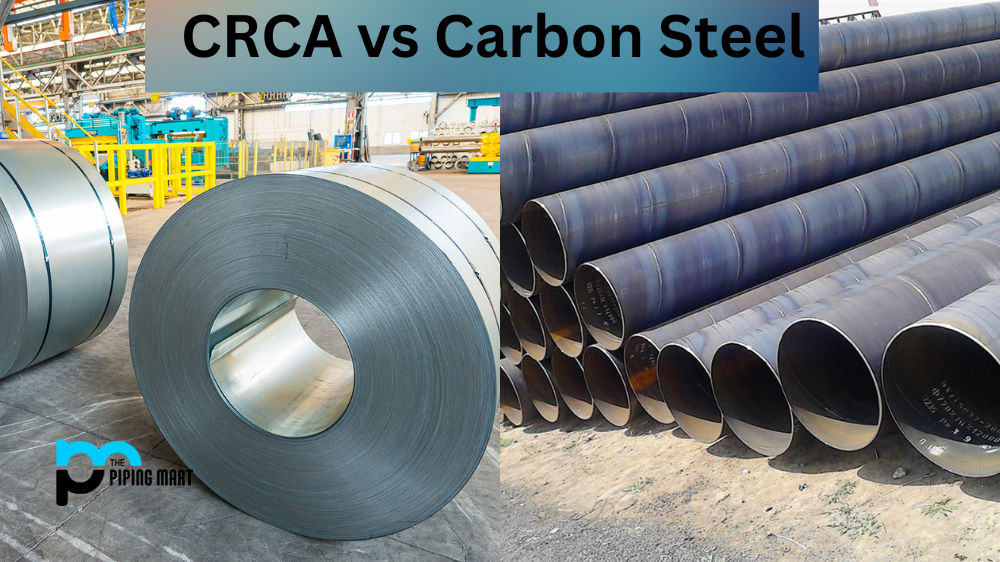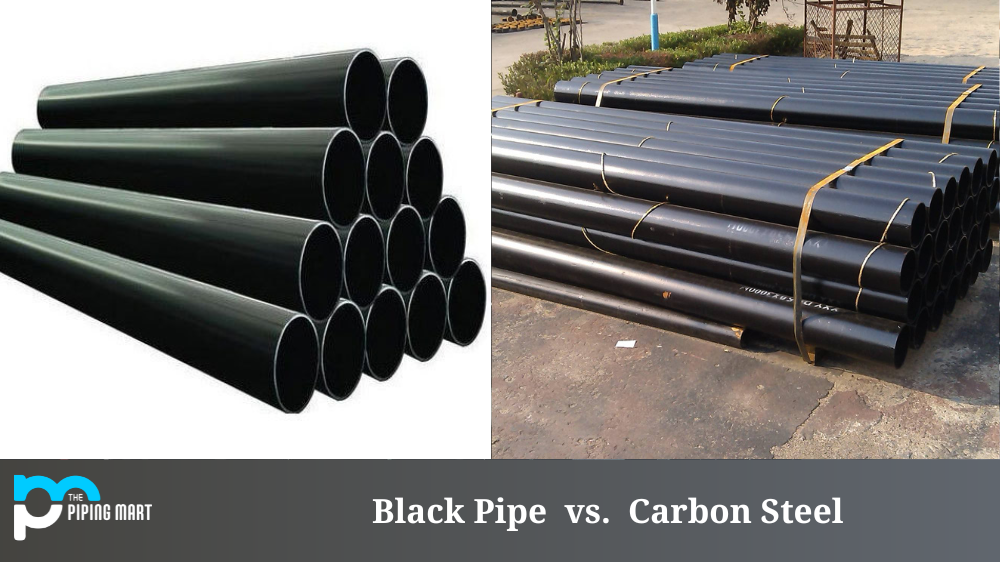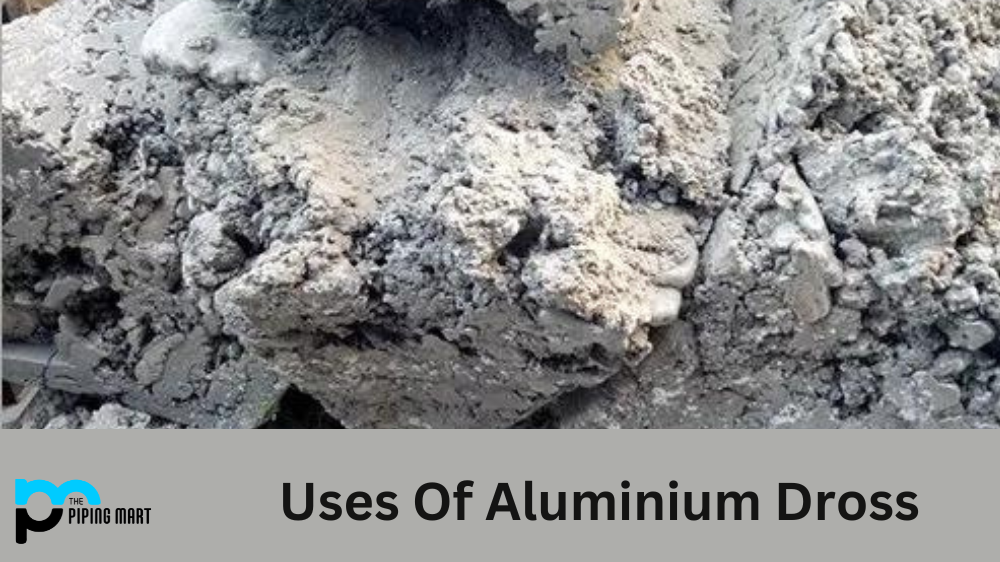When it comes to product design, choosing the suitable material for your project is paramount. Two of the most popular materials used in product design are Titanium and Aluminum, both of which have unique advantages and disadvantages. Let’s explore how these two materials compare so that you can decide which one is best for your project.
Difference Between Titanium and Aluminum
Titanium vs aluminum strength
Both Titanium and Aluminum are strong metals that can withstand a lot of wear and tear over time, making them ideal for product designers who want their products to last an extended period. However, Titanium tends to be stronger than Aluminum, meaning that it can withstand more force without bending or breaking than aluminum can. That said, Aluminum has its advantages regarding strength—it’s much lighter than Titanium alloy, meaning that it will be easier to transport and use in various applications.
Titanium vs aluminium weight
When it comes to titanium vs aluminium weight, titanium is certainly the heavier metal. It is approximately 4 times denser than aluminum, so titanium components are much more substantial when in comparison with aluminum. While weight is usually a benefit when it comes to metal objects, titanium can actually make some objects such as bikes or artificial joints stronger and more resilient due to its density. Still, when performance and strength are not factors, titanium’s greater weight may make it inferior in terms of transportation costs if for example you are shipping titanium-made parts from one place to another. All things considered, titanium is an incredibly strong but dense metal that holds a variety of uses due its hefty weight.
Titanium vs aluminium durability
When considering the durability of titanium and aluminium alloys, titanium comes out on top. Despite titanium’s higher density when compared with aluminium, it has proven itself to be more reliable and much more resilient in rigorous environment conditions. Titanium can withstand temperatures higher than 800 degrees Celsius without any of its properties being diminished, whereas aluminium begins to weaken at such high temperatures. Additionally, titanium takes harder physical impacts better than aluminium as it is generally more rigid and resistant to fatigue fractures due to its lower rate of thermal expansion, providing greater stability and strength under load. Ultimately titanium is ideal for where there are rigorous conditions or extreme temperatures that require superior toughness, strength and weight capacities beyond what aluminium can offer.
Titanium vs aluminum hardness
When considering two metals for a certain project, titanium and aluminum are often an option. But which one should you choose? It depends on the level of hardness you need. When it comes to durability, titanium is the clear winner – it’s almost impossible to scratch or dent. However, it is much heavier than aluminum and also more expensive, meaning that flexibility and cost effectiveness may be compromised. Aluminum is much lighter as well as cheaper, but it reacts differently in different environments so it’s not always a reliable choice depending on what situation you’re working in. Both have their advantages, but titatnium is usually the superior choice when price isn’t a priority and extreme hardness is needed.
Titanium vs aluminum availability
Titanium and Aluminum can be found in abundance worldwide; however, Titanium tends to be more expensive than Aluminum due to its rarity. That said, if cost-effectiveness is your goal, then Aluminum may be the better option since it is much less expensive than Titanium while still providing similar levels of strength and durability. Additionally, Aluminum is often easier to find since it is more widely available than Titanium.
Titanium vs aluminum price
Aluminum will be cheaper than Titanium, but Titanium will be stronger overall, so you need to weigh up the trade off between cost vs. strength when selecting which material you should go with. It also depends on what type of product you’re making as well. If weight is a factor, then Aluminum would likely be the preferred choice as it’s significantly lighter than Titanium. Still, again, this comes down to what you’re making and what kind of performance you’re looking for from your product design.
Conclusion:
Whether you choose Titanium or Aluminum depends largely on what type of performance you’re looking for from your product design and the budget constraints associated with producing said product designs. Both materials offer incredible levels of strength and durability; however, Aluminum offers greater affordability, whereas Titanium provides greater levels of strength overall. Consider your options carefully before deciding which material works best for your project!

Pipingmart is a B2B portal that specializes in metal, industrial and piping items. Additionally, we share the latest information and information about materials, products and various types of grades to assist businesses that are involved in this business.




